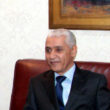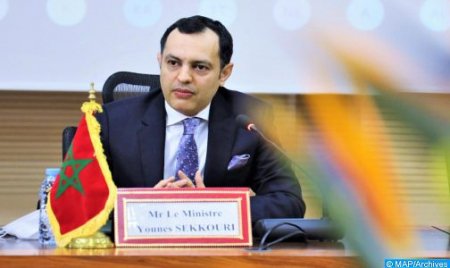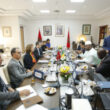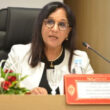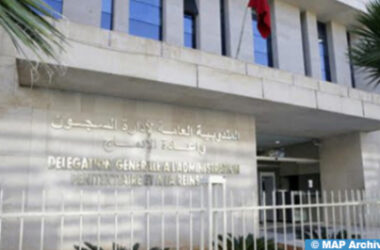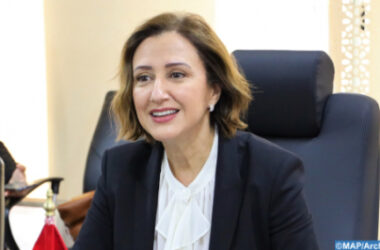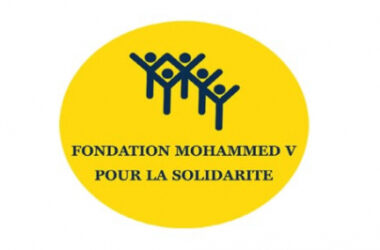The minister, who leads the Moroccan delegation to the Conference, held talks with the Egyptian Minister of Manpower, Hassan Mohammed Chehata, UAE Minister of Human Resources, Abdulrahman Al Awar, Mauritania’s Minister of Employment and Labor, Abdellah Ould Othmane, Palestinian Minister of Labor, Nasri Abu Jeich, and Libya’s Minister of Labor and Rehabilitation, Ali Al-Abed Al-Reda.
The talks were an opportunity to reaffirm the close relations binding Morocco to these countries, and to examine ways to further strengthen them.
They also focused on issues related to decent employment and the exchange of expertise and experience in the areas of employment, social dialogue and relations with social partners.
These meetings were an opportunity to showcase Morocco’s experience in the area of social dialogue as well as a series of projects, strategies and programs closely related to the project to expand social protection, launched by HM King Mohammed VI.
Sekkouri expressed Morocco’s willingness to share its experience in the field of employment with sister countries and to work for the consolidation of relations with these countries. He also recalled the important projects and steps taken by Morocco in the fields of employment and tripartite social dialogue.
Besides Mr. Sekkouri, the Kingdom’s delegation to the event includes Morocco’s Ambassador to Egypt and Permanent Representative of the Kingdom to the League of Arab States, Ahmed Tazi, and representatives of government sectors, employers and workers.
The 48th Arab Labor Conference runs until September 25. It is attended by several ministers and heads of delegations representing labor organizations and trade unions from 21 Arab countries.
The conference is set to celebrate the 55th anniversary of the foundation of the ALO (1965-2020) which was to be held two years ago but was postponed due to the COVID-19 pandemic. The celebration will see honoring several representatives of some member countries of the ALO and the three production parties for their key role in serving the labor and workers issues in the Arab world.



